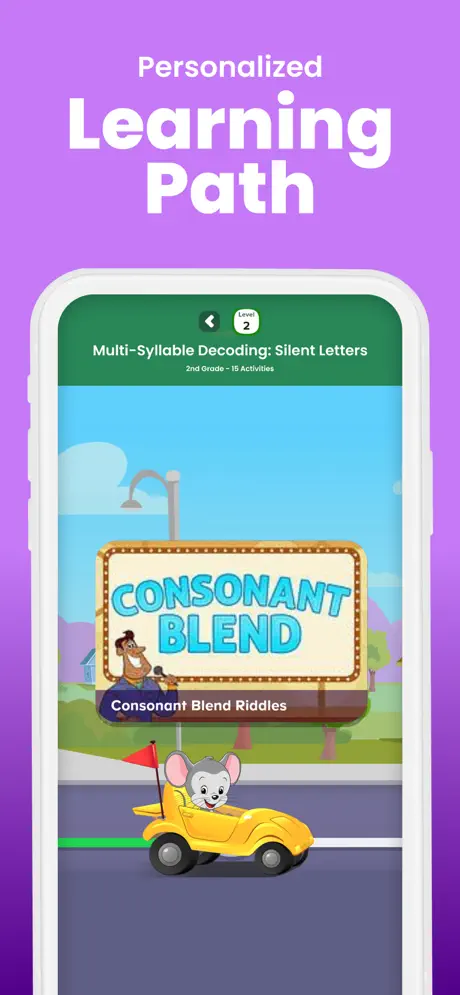Children have a wonderful period known as the preschool years. It’s when imagination runs free, basic abilities start to develop and curiosity blossoms. Finding the correct tools to support this vital stage will have a long-lasting effect for a parent. Interactive preschool learning games then come in handy since they provide both entertaining value and instructional worth.

From interactive preschool games to reading apps for kids, modern digital technologies are meant to promote early childhood development in interesting and significant ways.
Why do school learning games matter?
Young students learn best via play. Interacting with their surroundings, they copy adults, investigate colors, noises, and textures. School learning games use this inherent interest to translate into disciplined learning opportunities. These games provide age-appropriate tasks that develop early reading, numeracy, memory, and motor skills whether they include matching letters, tracking forms, identifying sounds, or simple problem solving.
Preschool becomes something kids actually enjoy rather than a chore when the perfect mix of fun and knowledge exists.
How Children’s Learning Apps Support Concept Reinforcement:
Choosing top-notch learning apps for kids can help digital time become learning time in a world when screens define daily living. These apps are especially made to explain and reinforce important ideas in an engaging and simple manner.
A well-designed reading software for children, for example, will highlight words as they are read aloud, inspire youngsters to repeat sounds, and offer mild cues when they need assistance—all of which go beyond mere storytelling. The foundation of literacy is early connections between letters and sounds, which this type of interaction helps preschoolers create.
Learning apps for children can offer tools encouraging autonomous thinking as well. Children can investigate lessons at their own speed using voice explanations, vibrant graphics, and touch-based controls. And most apps’ instantaneous response keeps users inspired and focused.
The Part School Games Play in Developing Skills:
School games provide purposes beyond only entertainment value for the kids. Many are developed with advice from child psychologists and teachers to enhance skill development in several spheres. Matching games can help with auditory processing and timing; rhythm-based games can help with fine motor skills; tracking activities can improve memory.
These digital preschool games also include planned progressions, which means the difficulty level rises gradually to fit your child’s growth. This keeps the experience demanding without turning like a chore.
The adaptability of these games adds even more effectiveness. Lessons can be tailored by parents depending on what their child is now learning or finding difficult. This flexibility guarantees that every play session turns into a worthwhile component of their preschool education.
Changing Learning to Feel Like Play:
The way well today’s reading applications for children and preschool learning games mask learning as play is among their best features. Children acquiring vital cognitive and academic abilities could be matching animals with their sounds, following letters throughout a jungle, or working through form puzzles to help a cartoon character cross a river.
Including these interesting tools in your daily schedule not only keeps your child occupied but also gives them a great start for school and beyond. Learning applications for children can become among the most useful friends in your preschooler’s development with the proper combination of screen time and real-world connection.